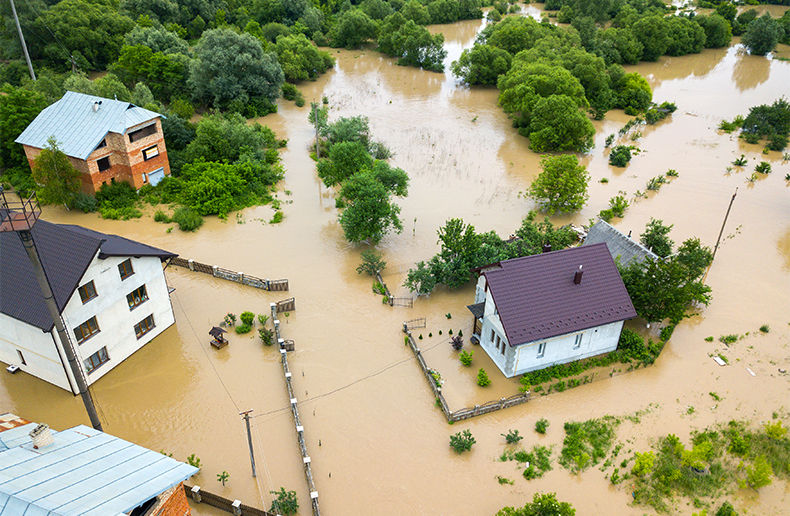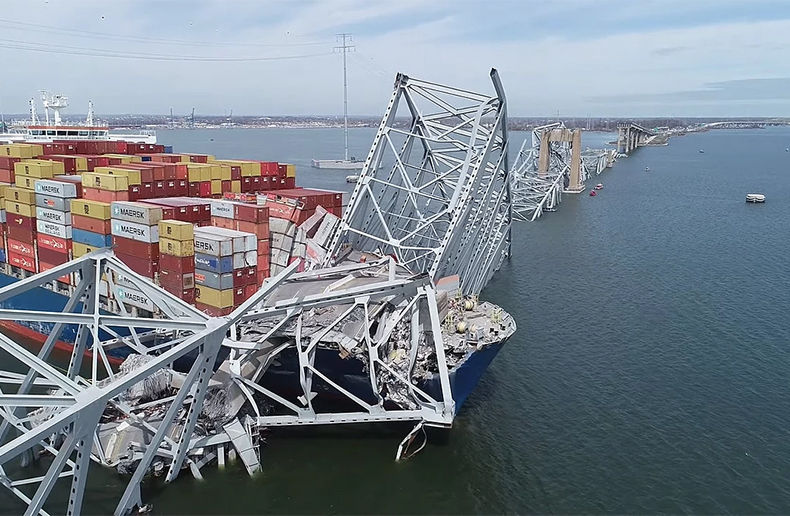The Canadian Council of Insurance Regulators (CCIR) published a new position paper April 3, outlining recommendations for insurers to help Canadian homeowners better protect their personal property against the risks posed by natural catastrophes and climate change. It also discusses actions the regulators want carriers to take to ensure consumers receive and understand the information, advice and incentives necessary to make informed decisions about their coverage.
“The CCIR intends to work with industry and other key stakeholders to develop an approach to translating the recommendations in this paper into concrete actions. CCIR believes that regulators and the insurance industry can play a more effective role in helping to achieve shared consumer protection objectives in the face of a changing climate,” the CCIR writes in a statement announcing the publication of the position paper.
Entitled Climate Change, Natural Catastrophes and Consumer Awareness, the position paper says the increased production of consumer awareness material from government, academia and the industry do not appear to have translated into a greater awareness of natural catastrophes risk among homeowners. “This is reinforced by the Task Force on Flood insurance and Relocation, which found that Canadians living in high-risk flood zones are largely unaware of their exposure as well as the risk mitigation options available to them.”
A 2020 survey by Partners for Action, based out of the University of Waterloo, showed that only six per cent of Canadians living in designated flood risk areas know their property is at risk; 63 per cent do not believe that flood risk will increase within the next two decades. “According to the Canadian Institute for Climate Choices, this awareness gap is not limited to homeowners; it also exists for builders and prospective buyers,” they write. Only 26 per cent living in high-risk areas report that their insurance representative has discussed flood insurance options with them.
They add that Canadians are more willing to investigate insurance options once the relevant perils have been properly communicated. They also say that complexity regarding policies can also cause confusion, limiting consumers’ ability to make informed decisions. “CCIR has heard from industry and stakeholders that the insurance industry should provide more accessible information and clearer communications to consumers,” they add.
“It is the CCIR’s position that the insurance industry needs to take more coordinated and concrete actions to support efforts to close natural catastrophe and climate-related protection gaps,” they state. “The actions taken by insurers should increase the likelihood that consumers make informed decisions when purchasing and/or renewing homeowner property insurance that provides adequate coverage against the risks posed by natural catastrophes and climate change.”












